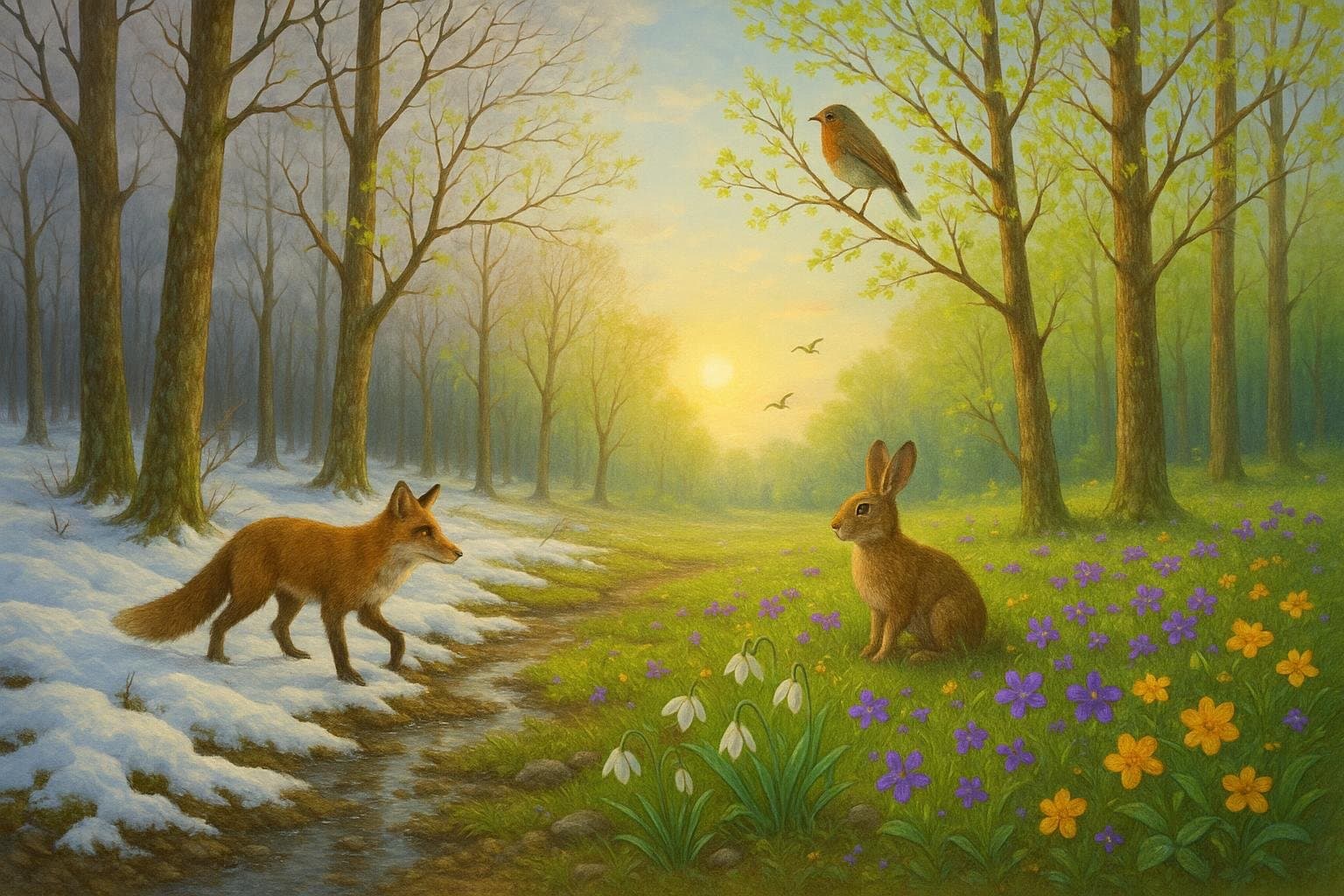The Transformative Power of the Questions We Ask

Nothing defines our lives like the questions we choose to ask. — Olga Tokarczuk
The Centrality of Curiosity
At its heart, Tokarczuk's observation highlights the foundational role of curiosity in shaping our existence. The questions we pose—to ourselves, to others, and to the world—act as signposts, steering the direction of our intellectual and personal journeys. Socrates, as depicted in Plato’s dialogues (c. 399 BC), famously pursued knowledge almost exclusively by questioning, illustrating how inquiry itself can sculpt a life’s meaning and trajectory.
Questions as Catalysts for Change
Building on this idea, the act of questioning has historically sparked transformation—individually and collectively. For instance, the Renaissance exploded forth when thinkers began to challenge received wisdom, asking not only 'what is?' but 'why not?' Galileo’s queries into celestial movement upended centuries-old beliefs, proving that progress is often preceded by bold, unconventional questioning.
Defining Identities Through Inquiry
As we move deeper, it’s evident that our identities are shaped as much by the queries we prioritize as by the answers we accept. A writer may continuously ask 'what if?' and thus craft worlds of possibility, while a scientist asking 'how?' pursues the mechanics of nature. Tokarczuk implies that our chosen questions reveal—and construct—our values, passions, and purposes.
Personal Growth and Self-Reflection
Transitioning from the outward to the inward, the questions we ask ourselves determine our capacity for growth. Through self-reflection—'What truly matters to me?' or 'How might I change?'—we cultivate empathy, resilience, and a deeper sense of agency. Psychologist Carl Rogers (1961), for instance, believed that the process of self-directed inquiry is essential to unlocking human potential.
A Life Defined by Ongoing Inquiry
In conclusion, Tokarczuk’s statement encourages us to embrace uncertainty and openness. Rather than settling for static answers, a life defined by questioning remains dynamic and responsive to new experiences. As Rainer Maria Rilke wrote in his ‘Letters to a Young Poet’ (1903), living the questions themselves enriches us far more than the fleeting satisfaction of fixed answers.